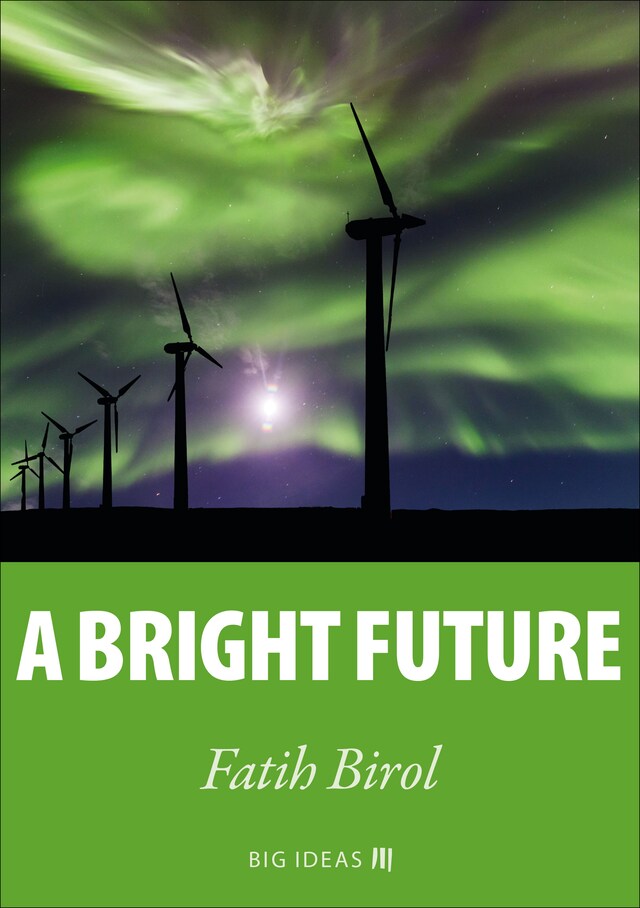
A bright future
Description of book


